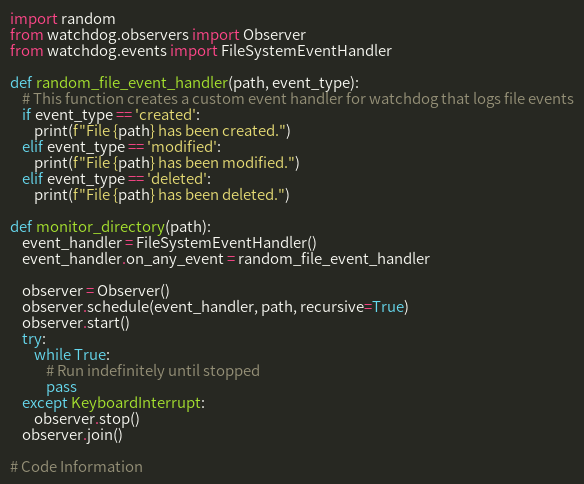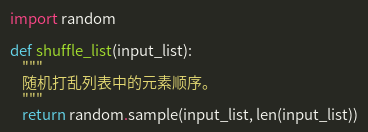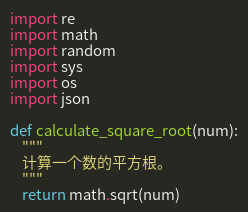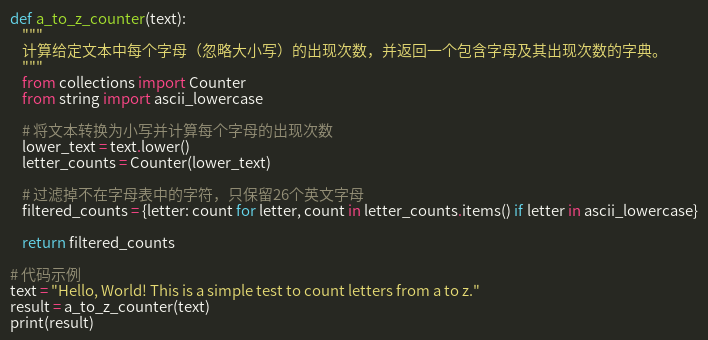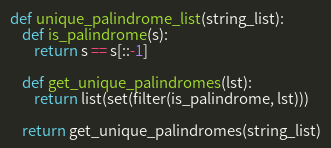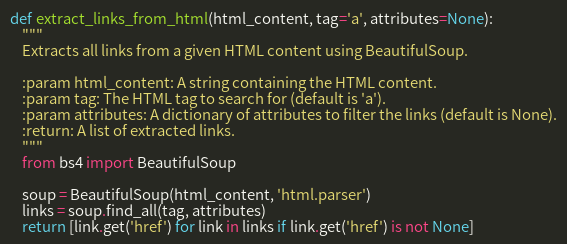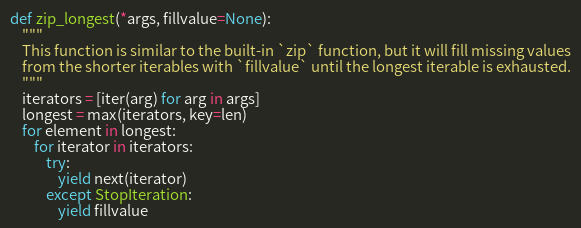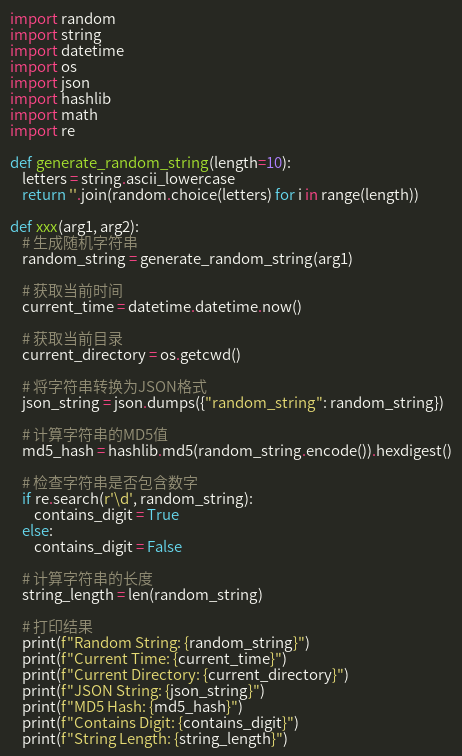Code introduction
The code defines a function `monitor_directory` that uses the watchdog library to monitor file events in a specified directory. It randomly selects the way to handle creation, modification, and deletion events. When a file event is detected, the `random_file_event_handler` function is called, which prints different information based on the event type.
Technology Stack : The code defines a function `monitor_directory` that uses the watchdog library to monitor file events in a specified directory. It randomly selects the way to handle creation, modification, and deletion events. When a file event is detected, the `random_file_event_handler` function is called, which prints different information based on the event type.
Code Type : Python Function
Code Difficulty : Intermediate
import random
from watchdog.observers import Observer
from watchdog.events import FileSystemEventHandler
def random_file_event_handler(path, event_type):
# This function creates a custom event handler for watchdog that logs file events
if event_type == 'created':
print(f"File {path} has been created.")
elif event_type == 'modified':
print(f"File {path} has been modified.")
elif event_type == 'deleted':
print(f"File {path} has been deleted.")
def monitor_directory(path):
event_handler = FileSystemEventHandler()
event_handler.on_any_event = random_file_event_handler
observer = Observer()
observer.schedule(event_handler, path, recursive=True)
observer.start()
try:
while True:
# Run indefinitely until stopped
pass
except KeyboardInterrupt:
observer.stop()
observer.join()
# Code Information

